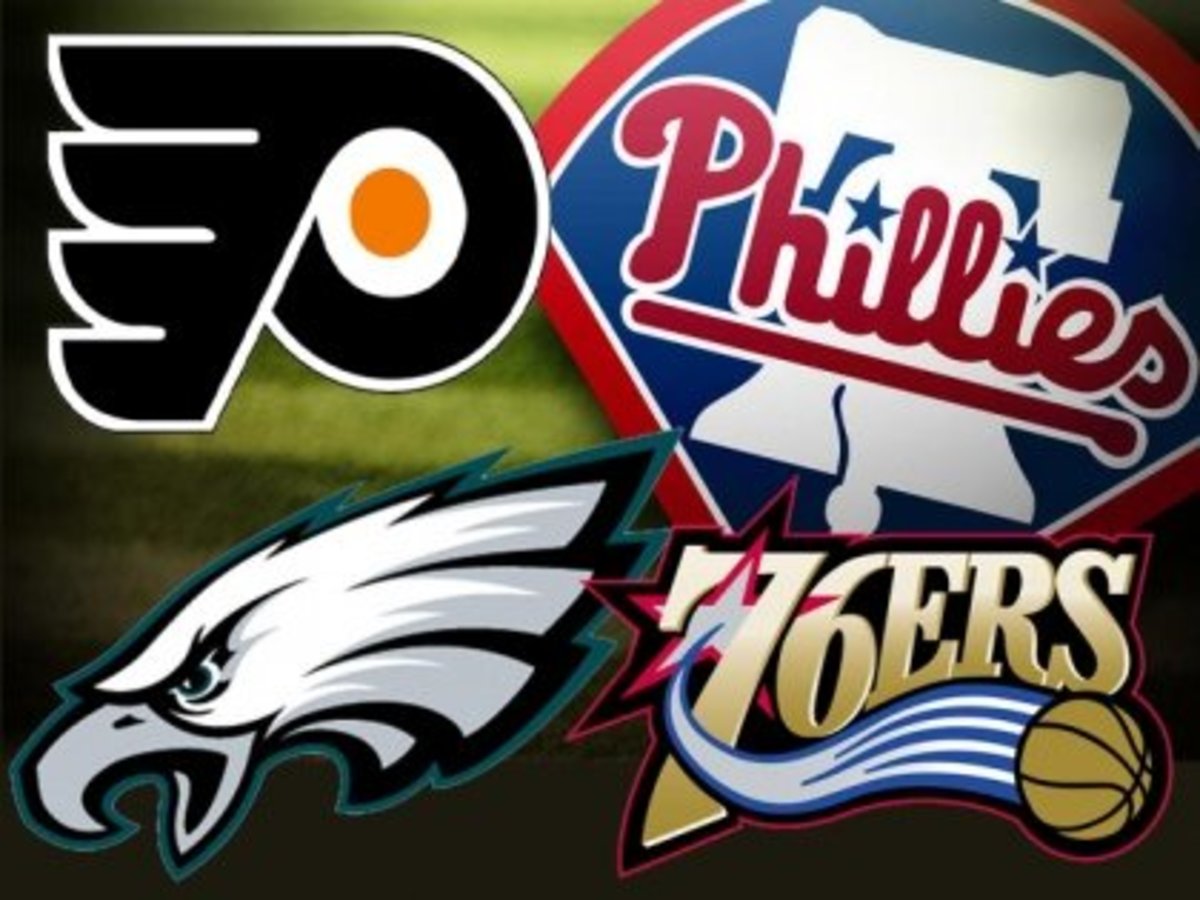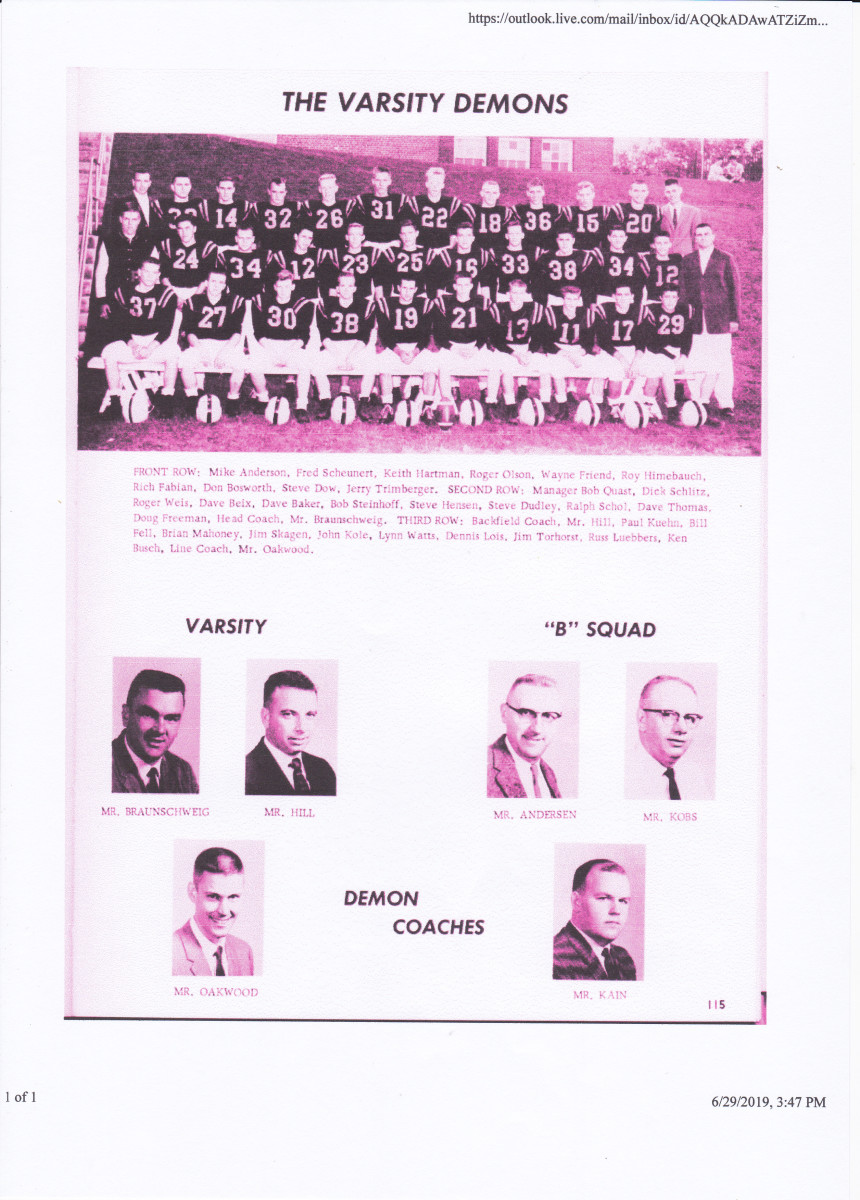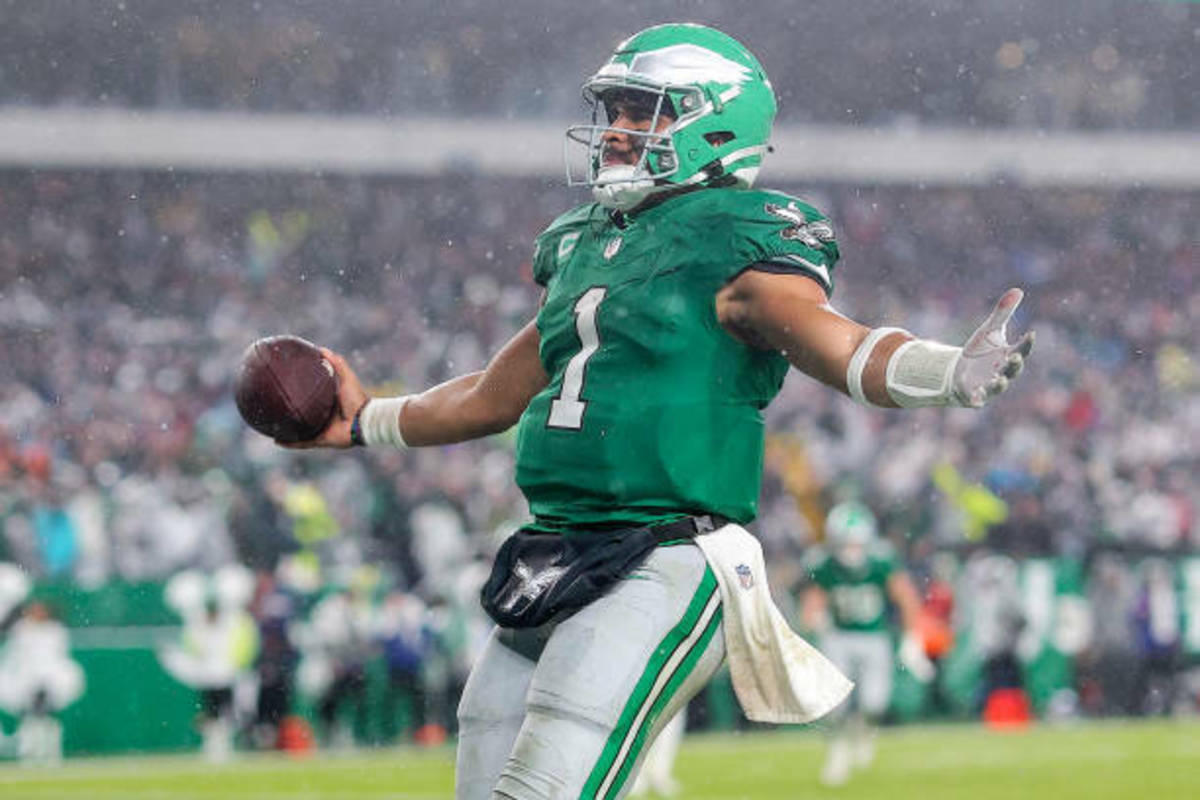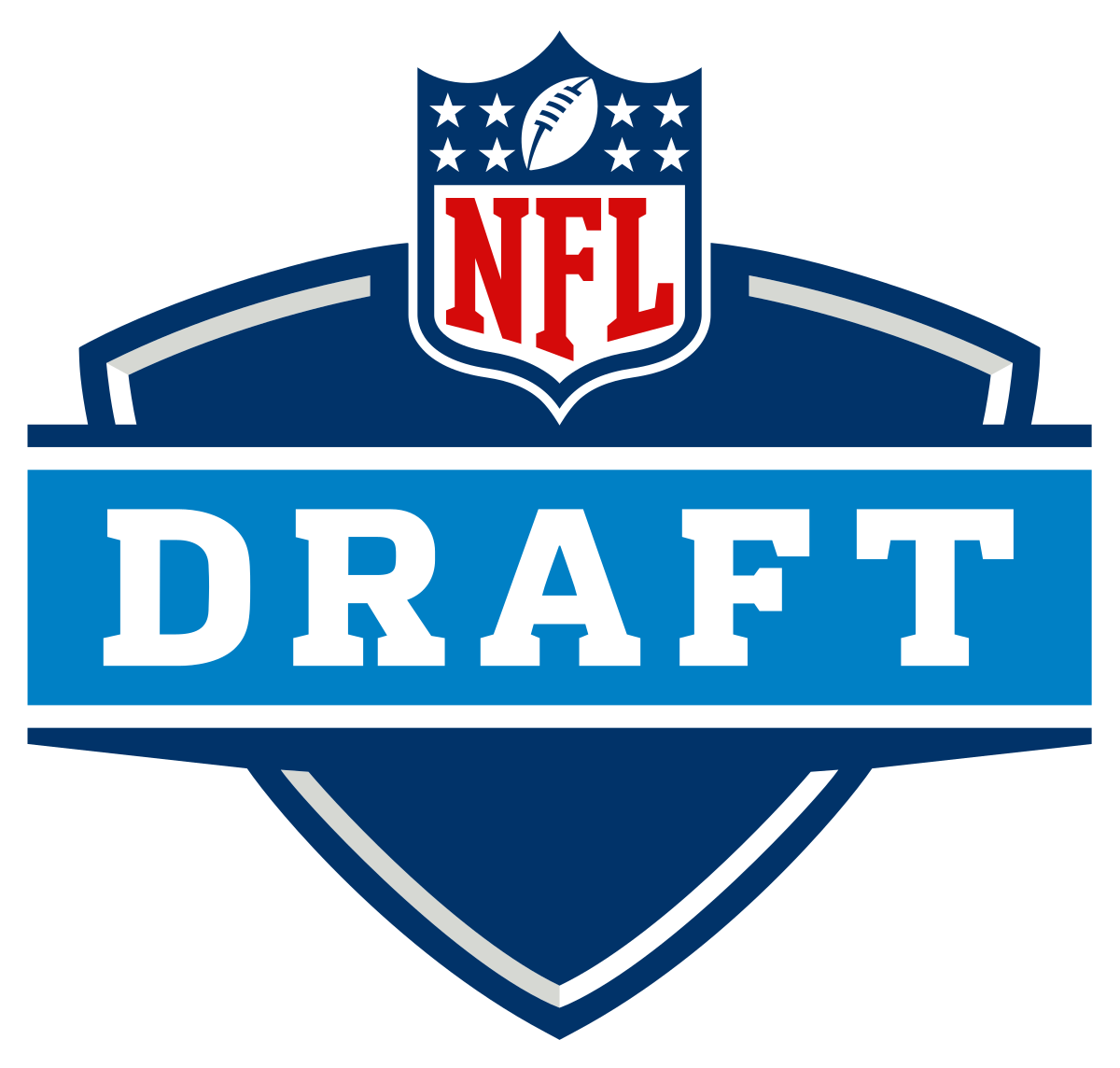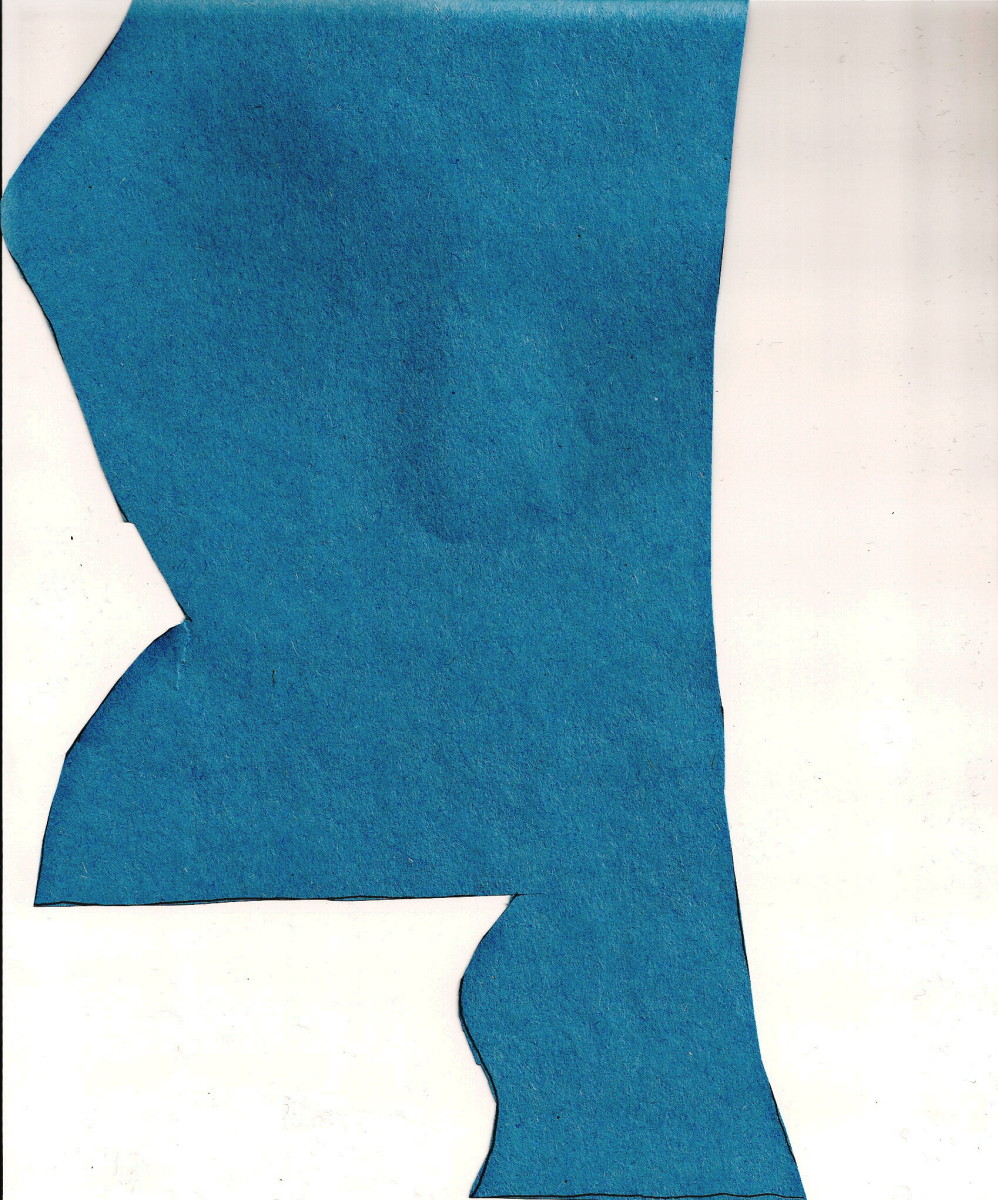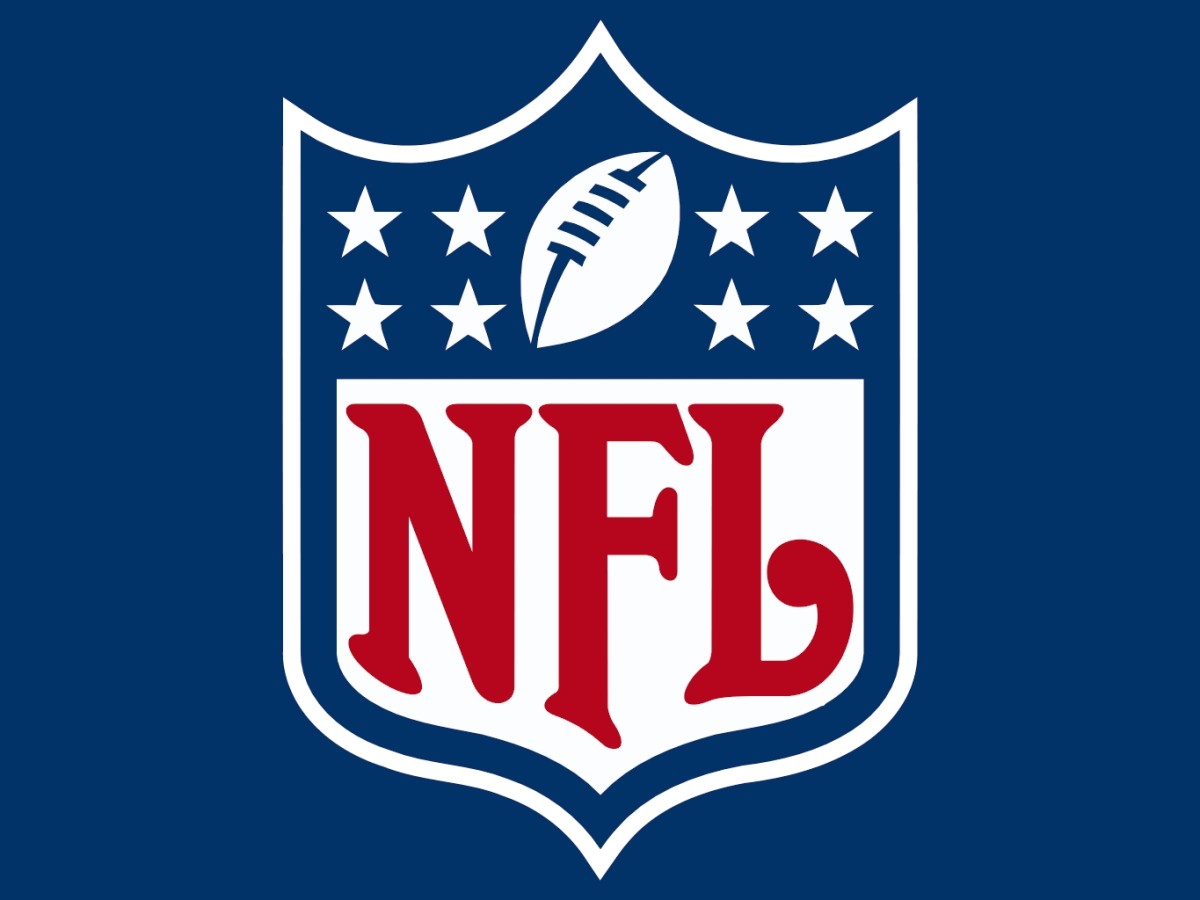- HubPages»
- Sports and Recreation»
- Team Sports»
- American Football
A Hard Look Back at the Andy Reid Era of Philadelphia Eagles Football
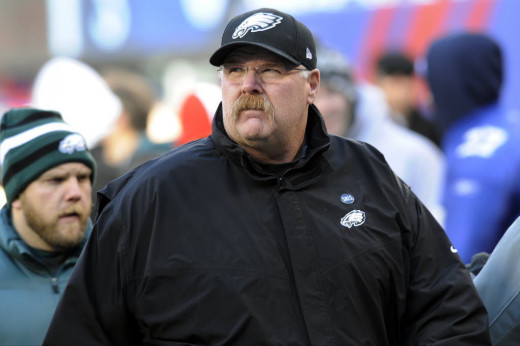
On December 30, 2012, the longest-tenured head coach in the National Football League took his last walk off the field. Andy Reid ended his 14-year tenure at the helm of the Philadelphia Eagles in conspicuously inglorious fashion, suffering his worst loss of a disastrous season to the New York Giants in a game in which it had become all but obvious that his team simply didn’t care enough to play anymore. The next day, Eagles owner Jeffrey Lurie addressed the members of the Philadelphia sports media to announce that Reid had been fired. Reid’s career in Philadelphia is perhaps the very definition of contradiction. Though he was the winningest coach in Eagles history and took the team to six NFC East Titles, 5 NFC Championship games, and a Super Bowl appearance, the Philadelphia fan base had been calling for his head for almost a decade. In order to properly evaluate the Andy Reid Era of Eagles Football, it is necessary to examine all of the facets that contributed to its successes and failures.
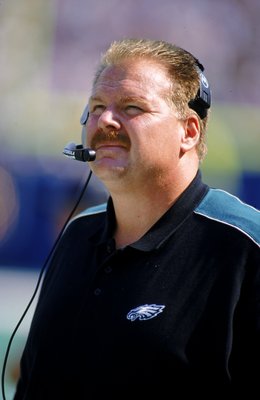
Background
In 1998, the Philadelphia Eagles capped off the worst season in franchise history, finishing 3-13 and in a three-way tie for the worst record in the NFL. In response, the team fired head coach Ray Rhodes and hired Green Bay Packers quarterbacks coach Andy Reid to take his place. Reid had attracted a great deal of attention for his work with Brett Favre, who won two of his three MVP awards during Reid’s tenure there. Despite this, his arrival in Philadelphia was not greeted warmly, as the big name in the mix at the time was then-defensive coordinator for the Pittsburgh Steelers and future New Orleans Saints head coach Jim Haslett. Bill Lyon of the Philadelphia Inquirer wrote of Reid: “The Eagles have taken quite a risk by settling on a successor to Ray Rhodes two weeks to the day after they sacked him, by hiring an unknown while choosing not to wait to interview some glamour names with sexy resumes who are still untouchable because their teams are in the playoffs.”
Reid Makes a Splash
The doubts over Reid were not limited to the Philadelphia media. When the new head coach decided to use the second overall pick of the 1999 Draft on Syracuse quarterback Donovan McNabb over Heisman Trophy-winning running back Ricky Williams, the Eagles fans who were present immediately erupted in a chorus of heckling and boos.
Reid’s notably taciturn relationship with the Philadelphia media became present for the first time when asked about what his plan was for the rookie quarterback in turning the team’s fortunes around: “You have to trust me.” When he left the rookie he was apparently grooming to the lynchpin of his new offense on the sidelines as the Eagles lost seven out of their first nine games in 1999, the fans were ready to run both Reid and Jeffrey Lurie out of town on a rail. However, the Eagles would have a much better second half of the season as McNabb was given the starting quarterback slot and allowed to get his feet wet.
Reid’s breakout season would come in his second year. In the opening game of the 2000 season against the hated Dallas Cowboys, Reid signaled the beginning of a new and unpredictable style of Eagles offense that fans had never seen before when he started the game with a surprise onside kick, leading to a convincing 41-14 victory. Reid and McNabb would go on to dazzle the entire NFL with a scheme that went against traditional football norms: passing the ball on first down plays, running it on third-and-long situations, and making heavy use of the screen pass and quarterback run/pass option plays. The Eagles roared to an 11-5 record and won their first playoff game since 1995.
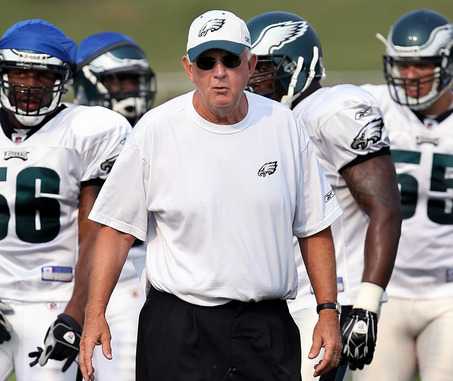
Dominance of the NFC
While Reid was building the offensive side of the ball around McNabb, his hand-picked defensive coordinator Jim Johnson was given autonomy to build one of the most dominating defensive lineups in the team’s history. Building around core players from the Rhodes era like Bobby Taylor, Hugh Douglas, Troy Vincent, and team captain Brian Dawkins, Johnson designed a system that complemented the strength, speed, and agility of his players. With a strong secondary, Johnson was free to send his front seven in one of his custom-built blitz packages on almost every single defensive down. From 2001-2004, the Eagles defense was among the tops in the NFL in third down efficiency, red zone efficiency, and points per game allowed. For 34 straight regular season games, the defense allowed 21 or fewer points, the second-longest such streak in NFL history.
Not surprisingly, the combination of Reid’s innovative offense and Jim Johnson’s crushing defense translated into a powerhouse team that dominated the NFC in the first half of the 2000s. In 2001, the Eagles repeated their 11-5 performance, winning the NFC East and handily defeating the Tampa Bay Buccaneers and Chicago Bears before eventually losing a nail-biter to the St. Louis Rams in the NFC Championship Game. In 2002, they would do one better, finishing 12-4 with a second NFC East Championship, but losing a shocker at home to Tampa Bay in the NFC Title game.
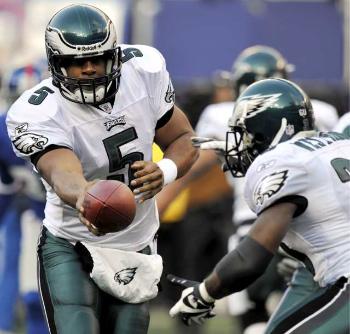
2003 did not start off well for the Eagles. They opened the season a disappointing 2-3, including a heartbreaking 23-21 loss to the Cowboys on the road. However, behind the "Three-Headed Monster" running back trio of Duce Staley, Brian Westbrook, and Correll Buckhalter, the Eagles won 12 out of their last 13 games, including nine in a row. Their magic would continue in the divisional playoff game against the Green Bay Packers, in which Donovan McNabb connected on an unbelievable 4th-and-26 pass to Freddie Mitchell to cap off a last-minute winning drive to send them to their third straight NFC Championship Game, one that they would ultimately lose to the Carolina Panthers.
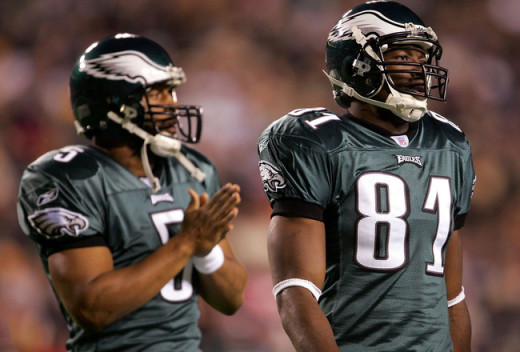
Super Bowl XXXIV
The success of the 2003 season, however, served to highlight several glaring weaknesses of Andy Reid’s offense. With the lack of marquee wide receivers, the Eagles’ offense relied heavily on the mobility of Donovan McNabb and short passes to the running back corps. Opposing teams found success throughout the season in keeping nine defensive players in the box and assigning one safety to cover each Eagles wideout. To counter this and keep their hopes at an eventual Super Bowl Championship alive, Andy Reid (acting as de facto general manager) signed controversial free agent wide receiver Terrell Owens. Owens had made a name for himself on the San Francisco 49ers as one of the most naturally gifted receivers in the game, as well as a toxic presence in the locker room. His infamous separation from the 49ers included a bitter dispute over the terms of his contract and an interview in Playboy magazine in which he claimed that 49ers quarterback Jeff Garcia was a homosexual. Owens, however, amicably signed a seven-year, $49 million deal with the Eagles and was greeted warmly by the notoriously prickly Eagles fans upon his arrival.
Owens would prove to be the missing piece of the puzzle for the Eagles, who posted a dominating 13-3 record en route to their fourth straight NFC East Championship. Owens and McNabb would hook up for 14 touchdown passes before he was injured on a horse collar tackle in a game against the Cowboys. Despite his absence in the playoffs, however, the Eagles rolled over Minnesota Vikings and the Atlanta Falcons in the playoffs to finally capture the long-elusive NFC Championship. Andy Reid would finally have his first shot at the Super Bowl against Bill Belichick’s New England Patriots.
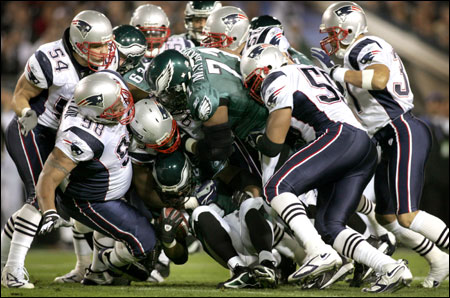
Super Bowl XXXIX started out as a defensive battle, with each team forcing punts on both of their first two respective defensive series. The Eagles wasted two first-half drives into the Patriots’ red zone with an interception and a fumble before finally scoring the game’s first touchdown halfway through the second quarter. The two teams would battle to a 7-7 tie at halftime and kept it to a 14-14 tie at the end of the third quarter, after which things began to fall apart for Reid.
Patriots running back Kevin Faulk led a 9-play, 66-yard drive to put the Pats up 21-14. A roughing the passer call on the Eagles set up a field goal on the next Patriots’ drive to give them a 24-14 lead with under nine minutes left in the game. What happened next would stick with Reid for the remainder of his Eagles career.
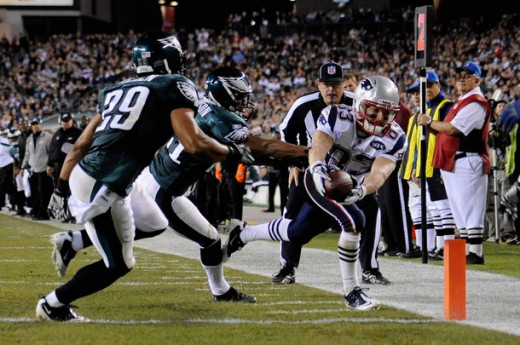
After McNabb’s second interception and the ensuing three-and-out by the Patriots, the Eagles got the ball back on their own 21-yead line with 5:40 left on the clock. They needed a quick touchdown and another strong defensive series to have a chance at even tying the game, let alone winning it. However, rather than run a hurry-up, quick-strike offense to keep the Patriots on their heels, Andy Reid chose to run a traditional mixture of runs and passes, did not use the sidelines, did not use any of his three timeouts, and seemed to adjust his play calling after each down as if it were any other drive in any other game. Although the Eagles scored a touchdown to cut the Patriots lead to 3 points, the drive consumed almost all of the time left on the clock, and the Eagles did not get the ball back with enough time to put together a game-winning drive.
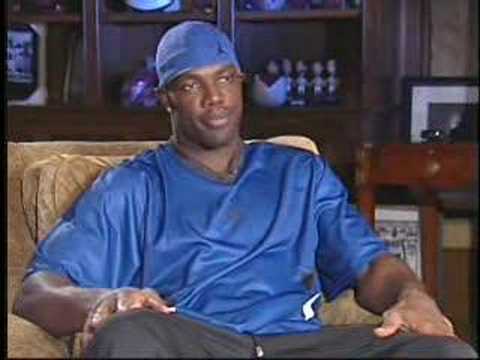
Declining Years and the Death of Jim Johnson
After the heartbreaking loss in the Super Bowl, the Eagles’ fortunes would quickly turn south. Donovan McNabb suffered a bruised sternum in the first game that turned into a sports hernia as he attempted to play through the injury in the weeks to follow. After a disappointing 4-3 start, Terrell Owens sat down for an interview with ESPN in which he tore into the management of the Eagles, calling them a classless organization for not celebrating his 100th career touchdown at Lincoln Financial Field the week before and saying that they would be an undefeated team if Brett Favre were their quarterback instead of Donovan McNabb. The internal strife that this and other incidents on Owens’ part led to his indefinite suspension and eventual release from the team. The Eagles would finish up the 2005 season a disappointing 6-10.
McNabb’s injury problems continued in 2006, and the Eagles’ playoff hopes seemed dashed once again when they fell to 5-5 after Week 11 and lost him for the season with a torn ACL. However, under backup quarterback Jeff Garcia, the birds posed a respectable 5-1 finish and won Reid his 5th NFC East Title. Without a consistent offensive threat and with many of Jim Johnson’s core defensive players released in the years since the Super Bowl, the Eagles dropped the second round of the playoffs to the New Orleans Saints.
The stars aligned to send the Eagles to the NFC Championship game again in 2008, despite a subpar 9-6-1 record. However, despite being heavily favored, the Eagles’ inconsistent offense under the ailing and aging Donovan McNabb faltered, and the Eagles lost. The 2008 season was also marred by the declining health of Jim Johnson, who contracted melanoma and passed away a few months after the Eagles were eliminated from the playoffs.
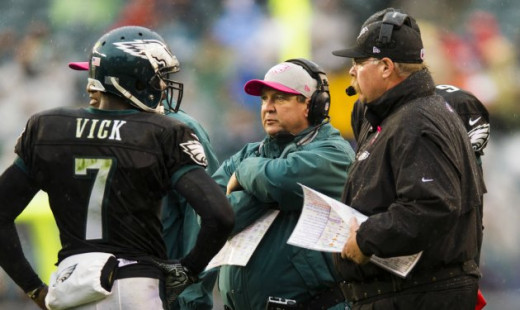
Gimmicks on Both Sides of the Ball
The 2009 offseason was notable for the Eagles’ acquisition of quarterback Michael Vick, who had just come off of a two-year prison term for his role in a dogfighting ring. Vick was inserted into Andy Reid’s offensive scheme as a wildcat quarterback, though he would occasionally take snaps under center as well. However, Andy Reid’s style of pass-heavy offense that called for different packages of players on every single play, while it was unorthodox when it was introduced a decade earlier, had become the norm among NFL offenses without a feature running back. Combined with Donovan McNabb’s decreasing mobility, it seemed like nothing Reid was doing was working very well. McNabb was eventually traded to the Washington Redskins, and Vick took over starting quarterback duties for the Eagles.
On the defensive side of the ball, the Eagles struggled to fill the void left by the passing of Jim Johnson with a lineup of players that looked nothing like the dominant defense of just a few years prior. After two years of subpar play under new defensive coordinator Sean McDermott, the Eagles sought out a new scheme for its defense, which they would find with former Tennessee Titans defensive line coach Jim Washburn. Washburn brought with him a defensive line formation that had served him very well during his tenure in Tennessee: the “wide-nine” defense. In this scheme, the defensive ends play outside of the offensive tackles and tight ends during passing downs, putting them in a pure position to rush the quarterback. The hazard inherent in employing this defense is that it leaves you extremely vulnerable to runs up the middle if your linebacker corps isn’t solid and the other team knows you’re going to use it, a hazard that unfortunately was exploited by many opposing teams in 2011.
The hiring of Jim Washburn as defensive line coach and the adoption of his wide-nine scheme severely limited the pool of available defensive coordinators to take over Sean McDermott’s job. Andy Reid finally settled on promoting from within, but chose his offensive line coach Juan Castillo -- who had not coached in any defensive capacity since his days as a coach for a high school team -- for the position, a move which sent the Philadelphia sports media and fans alike into a conniption fit. The experiment in a new style of defense proved to be a disaster.
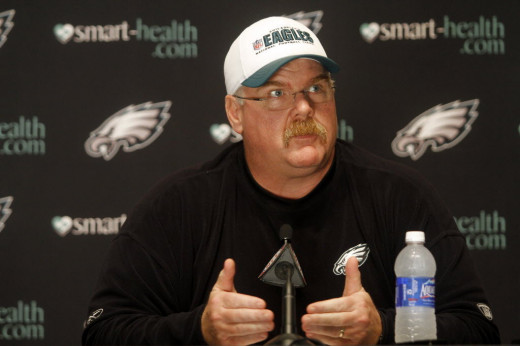
The Collapse
Although Philadelphia posted impressive records in 2009 and 2010, very few of their victories had the awe-inspiring quality of their play earlier in the decade. In 2011, however, the wheels came off the wagon. The Eagles opened up to an abysmal 4-8 record by Week 13, capped off by an embarrassing Sunday Night loss to the 4-7 Seattle Seahawks. Fans placed the blame squarely on the shoulders of Andy Reid and Juan Castillo, and the chorus of calls for Reid’s firing, which had been rumbling ever since 2005, reached a fever pitch. Only a 4-game winning streak to end the season saved the two men from the chopping block, and at a press conference following the season’s last game, Jeffrey Lurie made it abundantly clear that another 8-8 season by Reid would be “unacceptable”.
As bad as 2011 was, 2012 was worse by leaps and bounds. The Eagles opened up with a 3-1 record, but only while winning each of their three games by a single point. Plagued with an offensive line that saw three of its starters go down with severe injuries and a starting quarterback who could not avoid turning the ball over, even that level of showing would not last. Their September 30th win against the New York Giants would be their last one for over two months, as they dropped 8 straight games to fall to 3-9 and out of the playoff picture. Michael Vick went down with a concussion, and Juan Castillo and Jim Washburn were fired, only to have the defense’s play become unimaginably worse. The Eagles went 37 consecutive quarters without an interception, and became the first team in NFL history to allow four consecutive quarterbacks to complete over 70 percent of their passes against them without an interception. The day after the abysmal 4-12 2012 season was over, Jeffrey Lurie announced that the Andy Reid Era of Eagles Football had officially come to an end.
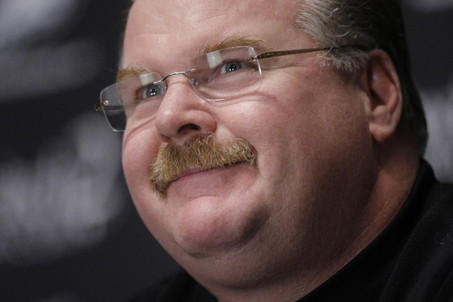
An Evaluation
There are plenty of criteria by which you can evaluate the performance of an NFL coach who lasted for as long in his position as Andy Reid did. Just going by the numbers (6 NFC East Titles, 5 NFC Championship game appearances, an NFC championship, winningest coach in Eagles history in terms of both number of wins and win percentage), Reid could be considered to have been a stellar coach. However, a deeper analysis of the intangibles that make or break a football team tells a much different story. Andy Reid was not a good field general. His tenure in Philadelphia was marred by poor clock management and an unwillingness to make adjustments (either in-game or from week to week), facets that resulted in a frequent inability to come from behind or hold leads late in games when opposing teams would make them. Having served as the team’s de facto general manager for much of his career, many of the questionable personnel decisions made after the passing of Jim Johnson can be placed squarely on his shoulders. And given that the goal of any professional sports team is to win a championship, a 14-year tenure at the helm of a single team that did not result in one has to be considered a failed tenure.
However, it would be unfair to ignore the positive aspects of Reid’s career in Philadelphia. He was an early pioneer of the pass-heavy, “big play” style of offense that is now the norm in football. And the last couple of years’ run of disastrous personnel decisions aside, there was a time early on in his career where he had a stellar knack for identifying talent, both in draft choices and in selecting assistant coaches. Overall, Reid’s failures must be evaluated in the context of his successes, and vice versa. In those terms, Andy Reid was a very good coach who just simply wasn’t (and likely will never be) of a caliber that will win a Super Bowl.

